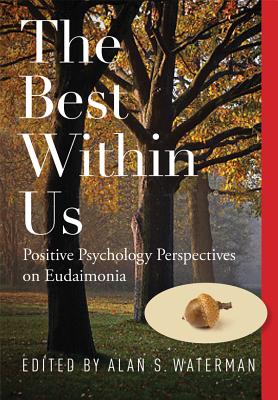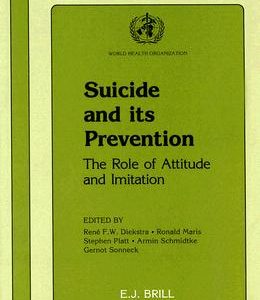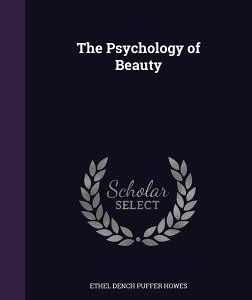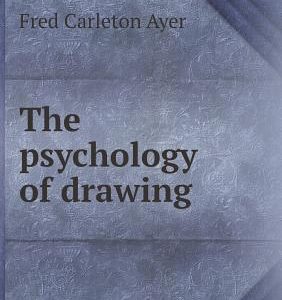Best Within Us: Positive Psychology Perspectives on Eudaimonia
$53.96
Description
The Best Within Us assembles a panel of distinguished scholars whose work has been central to understanding positive aspects of psychological functioning. Together, the chapters explore the many ways in which the philosophic concept of eudaimonia is being employed in psychology. Eudaimonia is defined in this volume as: Flourishing Realization of potentials reflecting the true self Happiness that comes from the pursuit of virtue/excellence Although philosophy continues to pit hedonism and eudaimonism against one another, theoretical and empirical work in psychology leads to the conclusion that eudaimonic functioning is the most reliable basis for life satisfaction. The source of happiness plays the greatest role in the outcomes obtained. Chapters in this volume also reveal that eudaimonic functioning not only yields quality of life benefits to the individual, it also benefits others in the person’s life and extended community. Individuals whose behaviors reflect eudaimonic functioning have demonstrably closer, more caring, and more intimate personal relationships, and engage more extensively in a wide range of prosocial activities. This book is for personality and social psychologists with a teaching and research interest in positive psychology, well- being, happiness, self-acceptance and self-esteem, identity, meaning in life, self-determination and autonomy, and motivation. Psychologists examining the intersections of psychology with philosophy will find much of interest here. This book is also for philosophers, sociologists, and political scientists, and graduate students seeking research ideas pertaining to quality of life.
Other: Waterman, Alan S
Topic: Self-Help
Media: Book
ISBN: 1433812614
Language: English
Pages:
Additional information
| Weight | 1.55 lbs |
|---|---|
| Dimensions | 10.2 × 7.2 × 0.9 in |















Reviews
There are no reviews yet.